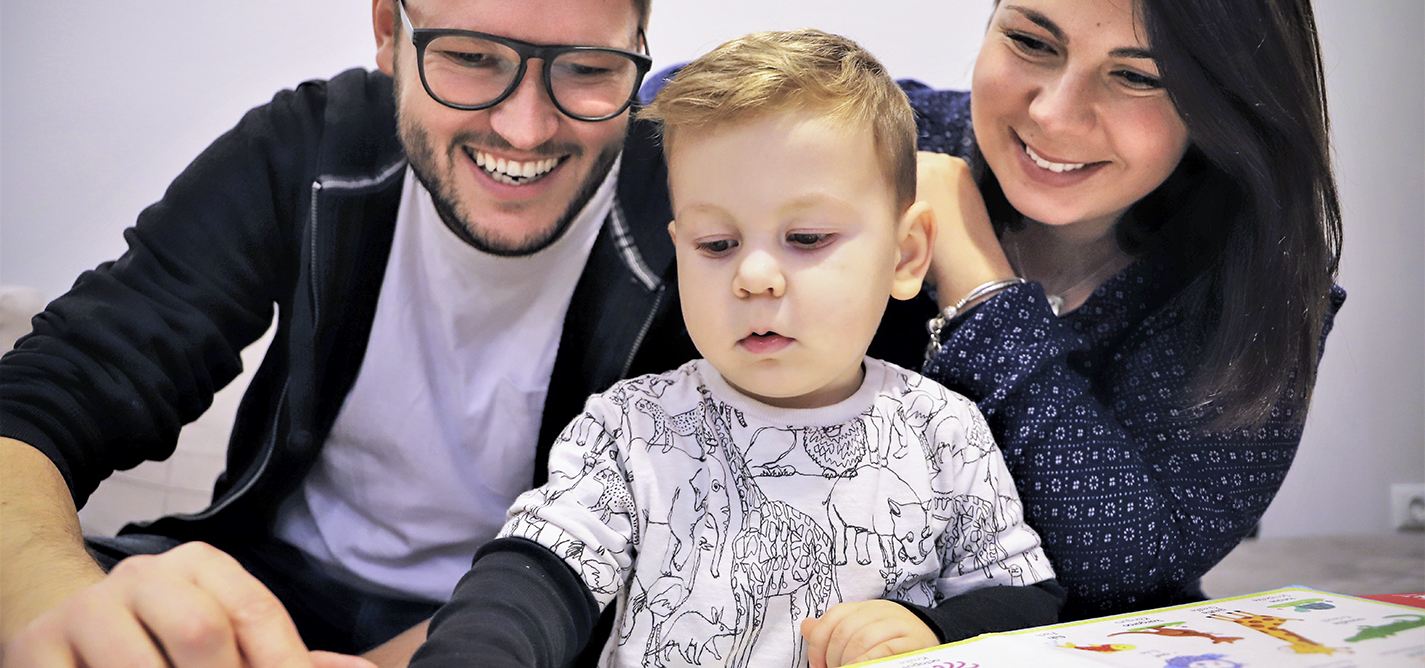
Biased legislation favors tradional gender roles
A look into policies on maternity, paternity and parental leave.
|10.12.2018
|
Traditional gender roles are reinforced by the current Law on Labor.
“In the civil service, there is no risk of losing your job, but you can lose chances to advance, which is the price that every mother does not hesitate to pay on behalf of taking care of their child.”
Information Officer at the Supreme Court, Antigona Uka-Lutfiu.
Dardan Hoti
Dardan Hoti has ten years of experience in journalism, covering mainly human rights, with a particular focus on LGBT+ rights. In 2013, he won the Journalism Poverty Prize, awarded by the United Nations Kosovo Team. Between 2014 and 2021, Dardan was a board member of the Kosovo Journalists Association. He is the researcher and producer of the documentary “As I Was Looking Above, I Could See Myself Underneath”, exploring the lives of LGBTQ persons in Kosovo. In 2018, he was one of the beneficiaries of K2.0’s Human Rights Journalism Fellowship
This story was originally written in Albanian.